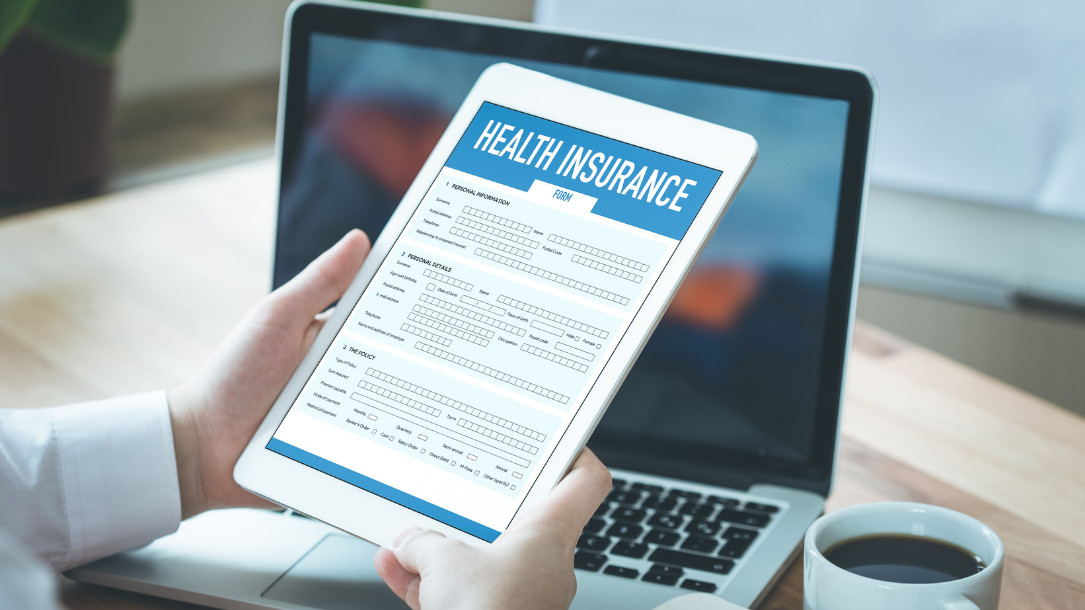Back in 2016, a survey found that just 4% of Americans were able to correctly define all four terms that determined how much they would have to pay for medical services and drugs under their health insurance plans.
When it comes to healthcare, most people aren’t quite sure what they’re getting into. There’s often a significant amount of paperwork involved, and the technical and sensitive nature of documents can make information difficult to understand in your own language -- let alone in your second or third. Below, we’re discussing the importance of medical translation and why translating medical insurance claims matters.
What is medical translation?
Medical translation is the practice of translating medical documents or reports for healthcare, claims, pharmaceutical companies, regulatory, marketing, and technical documentation. The field is highly specialized and is critical to ensuring that patients abroad or immigrants to a new country are able to get the care they need.
Having well-translated documents allows healthcare professionals to treat patients regardless of where they’re located or what language they speak. Here are some of the most common documents that require translation:
- Medical insurance claim forms
- Medical histories
- Medical procedure consent forms
- Post-discharge instructions
- Prescriptions
- Medical device labels
- Drug usage information
- Patient and doctor manuals
What is a medical insurance claim?
Medical insurance claims are what a doctor submits to your insurance company so they can get paid after treating you. It shows what services were provided during your visit. While most medical services providers will often submit claims on behalf of the patient, some patients will opt to fill out the paperwork themselves and send it to the insurance company. In some situations, this is required because the service provider is not part of a patient’s health insurance network and cannot file a claim on their behalf.
The translation of these documents is essential because the claim form is considered a critical document for health coverage access. When claim forms are not translated (or not translated properly), it can misrepresent the insured or limit the ability of LEP-speakers to properly complete the form in question. Often, this results in mistakes or misunderstandings that wouldn’t otherwise happen.
Why you should use machine translation
- Provides faster turn-around times while maintaining integrity
- Enables fewer mistakes and misunderstandings
- Facilitates accurate service between health insurance companies and members
Why you shouldn't DIY:
- Small mistakes can cause serious problems (lawsuits, financial claims, health/life risks)
- While diseases and human anatomy are the same worldwide, regional differences in language can result in differences in the words used to refer to certain conditions and treatments
- Medical documents contain specialize terms and concepts that may not have equivalents in other languages, which makes precise translation difficult
Final thoughts
To help everyone receive satisfactory healthcare, accurate translation of health-related documents is essential. Regardless of the language you speak, translation of medical insurance claims is necessary to equal access, and we should strive to make this available to all.

